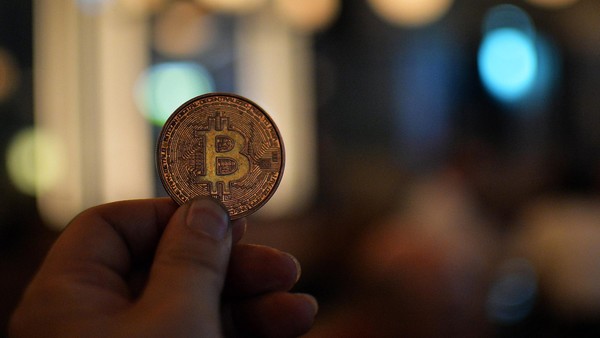
“Authorities this week ordered banks to limit traders’ ability to bet against the riyal, whose peg to the dollar has been a bulwark of the kingdom’s economic and financial stability since its introduction three decades ago. Countries with currencies pegged to the dollar, such as Saudi Arabia and Hong Kong, are coming under increasing pressure from traders speculating that it’s become too expensive for policy makers to continue defending exchange rates as the U.S. currency soars. Bets for a devaluation of the riyal reached their highest in about two decades in January, even after the Saudi Arabian Monetary Agency said for a second time in four months it will stick with its currency peg.”






